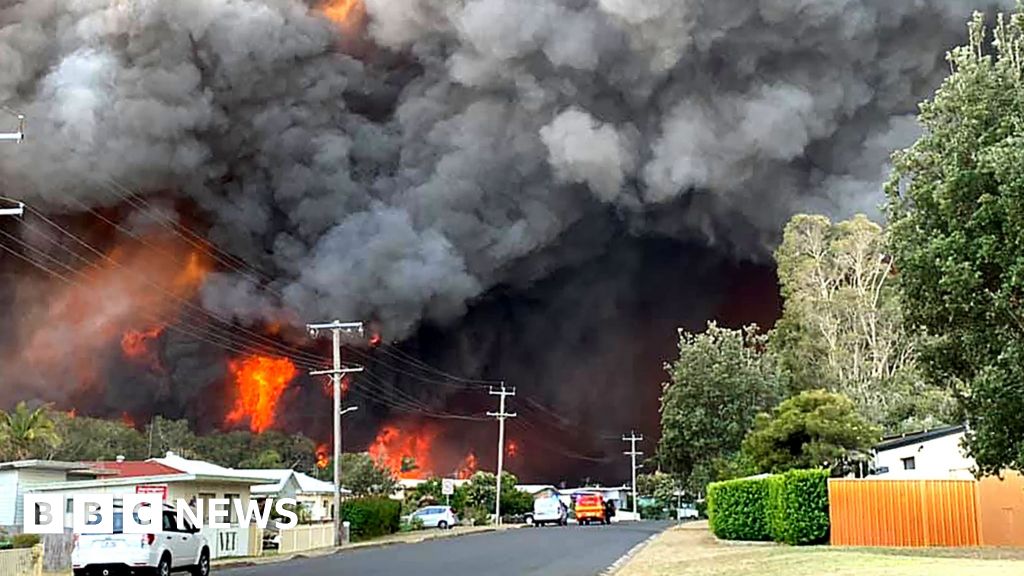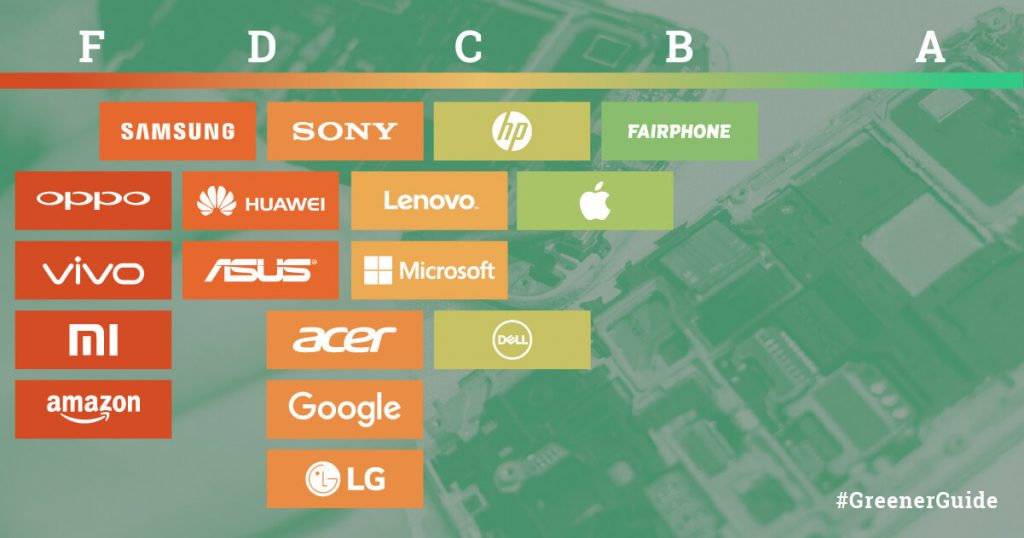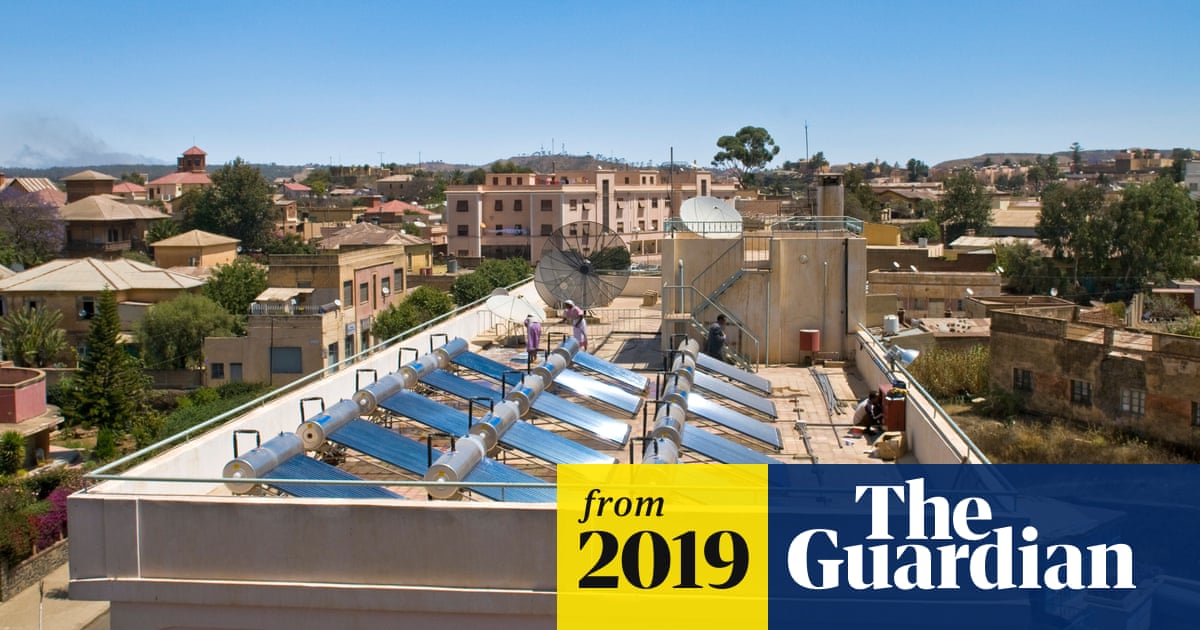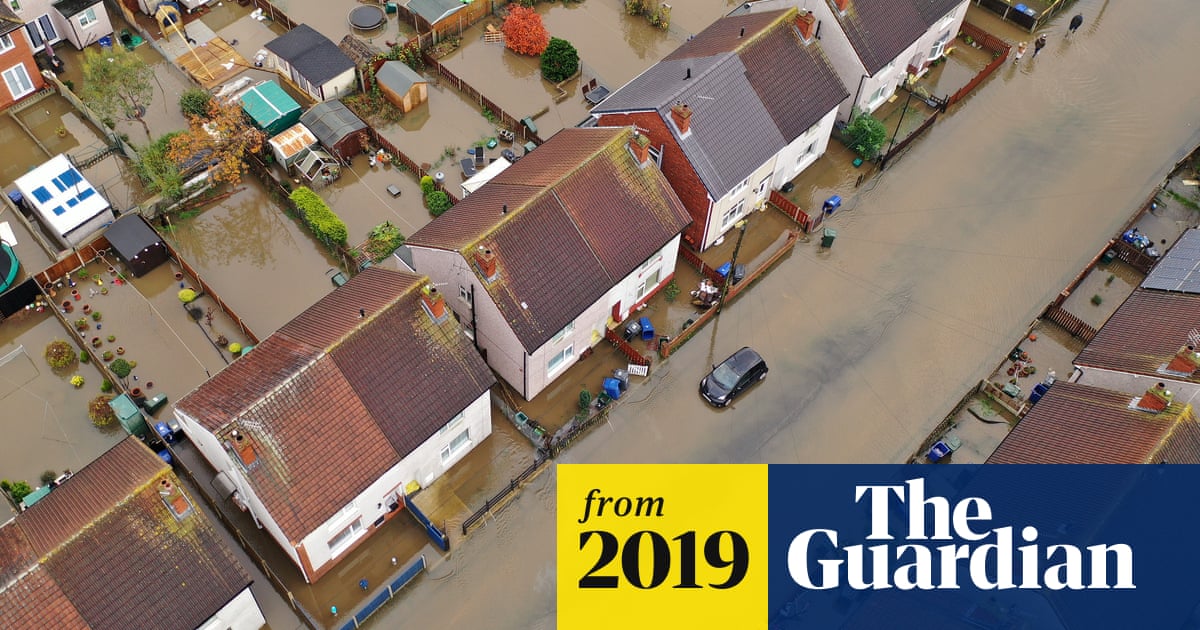And some engineers, and economists might say: If it ain't broke, don't fix it.As some philosophers say:
The solution is in the problem.
Most of the many civilization-threatening problems we face can be solved if we have exergy. That is another word for available usable energy. When Clausius invented the term "entropy" he deliberately chose a word that was as close to energy as possible. We don't use energy. We use exergy. That creates entropy. Entropy can be understood as dispersion of energy. Von Neumann claimed that you could win any discussion by using the word entropy, because nobody knew (knows) what entropy really is. It's in the understanding of entropy that you'll find "the holy grail" if it's even there. It's not in perpetual motion, but that shouldn't keep anyone from trying, if they want to. They just have to prove that it works, and my personal opinion based on physics, is that looking for it is a waste of precious time.
The species has managed to cooperate to bring about quantum leaps in some areas, but not others, as far as we can see. If we're still using steam turbines to generate 80~90% of our electricity, there seems to be more than a century of lag where little progress has been made other than alternative heat source.
Graphene (Carbon) looks promising in Solar, but not so much for mobile off-grid applications, maybe...
[Edit: Ignore the time machine part, I'm just focusing on the power source: "Mr Fusion".]
Source: https://www.youtube.com/watch?v=ptlhgFaB89Y
Last edited:








